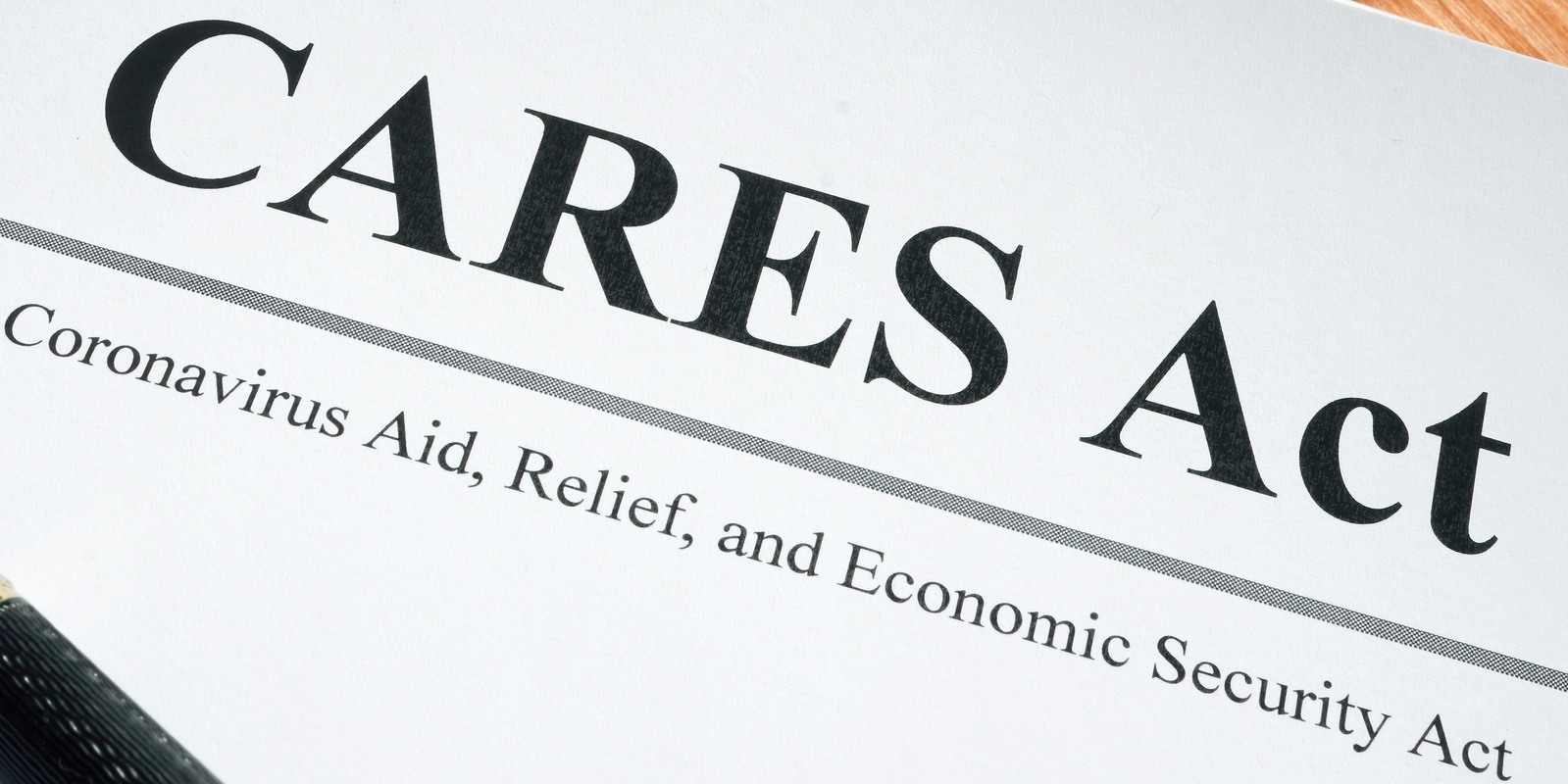Within a week of the passage of the second COVID-19 relief bill, the Families First Coronavirus Response Act, the CARES act was signed. The CARES act aims specifically to bring further relief to small and medium-sized businesses. It offers multiple options that can help companies to stay open and prevent them from having to let employees go during this crisis.
What opportunities does your business have?
Paycheck Protection Program
The Paycheck Protection Program has created an emergency loan that can be used by small businesses to keep paying their employees. These loans are delivered by a network of lenders across the United States. For some businesses, this money is just a loan; they'll need to pay it back once the situation gets back to normal. For other businesses, however, the loan will be forgiven.
Is Your Business Eligible?
PPP loans are available for companies with less than 500 employees, including 501(c)(3) businesses, tribal businesses, and 501(c)(19) Veteran's Organizations. Self-employed individuals, sole proprietors, and freelancers may also choose to apply for these loans. To be eligible, your business must be defined as "small" and have a net gain of less than $5 million for the two fiscal years leading up to the application.
The loan amount should be applied to payroll or to pay the mortgage or lease or to make utility payments. You can take out as much as $10 million as part of the PPP loan, up to 2.5 times the amount of your monthly payroll cost.
PPP Loan Forgiveness
Many small businesses will have their PPP loans forgiven, rather than having to pay back the money. The loan can be forgiven up to its full amount based on the money spent on eligible expenses: making payroll, paying utilities, and paying the mortgage or lease on the building. Loan forgiveness can also be applied to interest accrued on debts incurred prior to February 2020. However, only 25% of the loan forgiveness amount can apply to non-payroll costs.
In some cases, however, your business may receive less loan forgiveness than the full amount of the loan. This happens if there is:
- A reduction in the number of employees you have on staff
- A reduction in pay of more than 25%, including a reduction due to the number of hours employees worked
Employee Retention Tax Credit
The Employee Retention Tax Credit encourages employers to keep employees on the payroll and continue providing for those employees during COVID-19's uncertain challenges. The Employee Retention Tax Credit offers employers a tax credit for 50% of up to $10,000 in wages paid throughout the crisis. All employers, regardless of size, are eligible for the tax credit (other than state and local governments). If you take the tax credit, however, you are not eligible for the Paycheck Protection Program--and vice versa. Qualifying employers must also either have their businesses suspended due to COVID-19 or have their overall profits drop below 50% of their earnings for the previous year in the same quarter.
Expansion of SBA's Economic Injury Disaster Loan
SBA's Economic Injury Disaster Loan is designed to provide up to $2 million in funds to help enterprises recover in light of the coronavirus crisis. This program offers vitally-needed funds that can help businesses recover from periods of economic uncertainty. Working capital loans can help keep companies operational, including meeting payroll costs. There is also an emergency grant available that will allow businesses to receive $10,000 to help meet payroll through the disaster. However, your company cannot double-dip in both the EIDL and PPP programs: that is, once you use one, you are not eligible for the other. Make sure that you carefully consider how each one has the potential to impact your company and, therefore, which one offers the best options.
Expansion provisions include:
- Approval based on the applicant's credit score
- Loans smaller than $200,000 approved without a personal guarantee
- Emergency cash grant advances of up to $10,000
- Access expanded to sole proprietors and independent contractors
- Startups begun before February 2020 have access to these loans
Tax Deferrals
Tax deferrals give employers the ability to defer payroll taxes throughout this crisis, rather than having to pay them upfront. Small businesses can, as a result of these tax deferrals, choose to pay their portion of Social Security and Medicaid taxes next year, rather than needing to come up with the funds immediately. Payment will be due for the first portion of these deferred taxes by no later than December 2021, and full repayment is due no later than December 2022. Businesses who opt to take advantage of tax deferrals cannot receive loan forgiveness for PPP. Business owners should also carefully consider how this deferral may impact the company's future finances.
As the government works to increase provisions for SMB owners and their businesses, we will work to keep you informed. Zamp HR will continue to provide updates about the potential impact of COVID-19 on your business, including potential financial challenges. Please subscribe to get the latest news as soon as possible.



